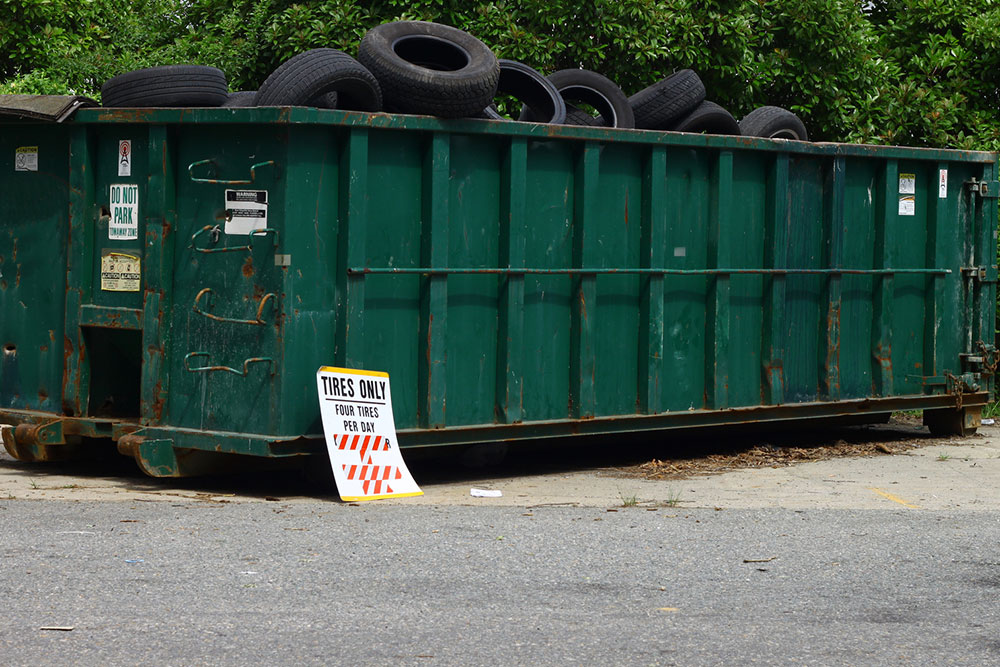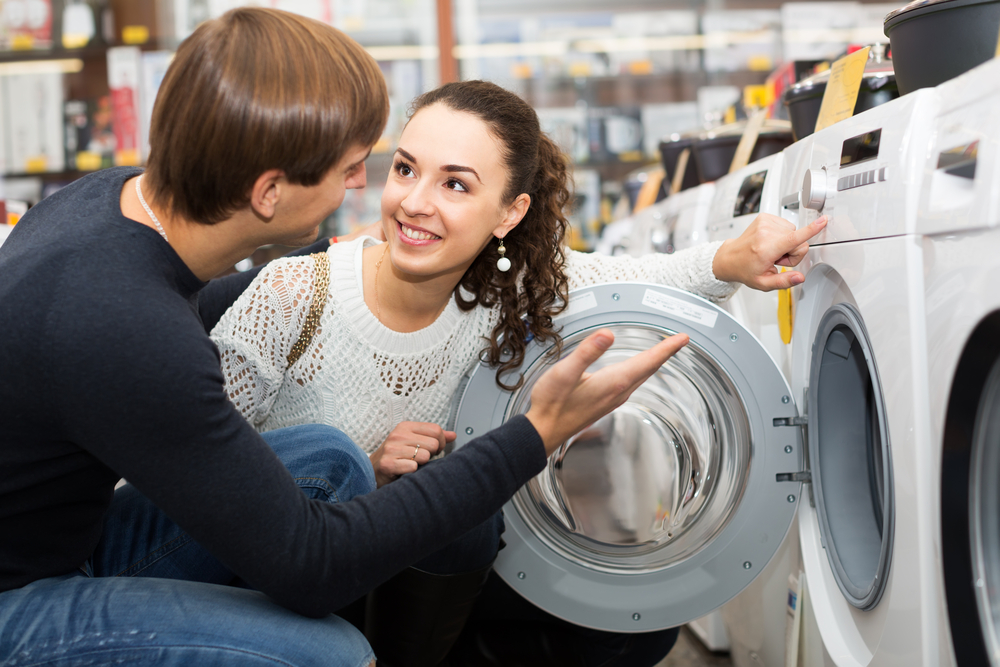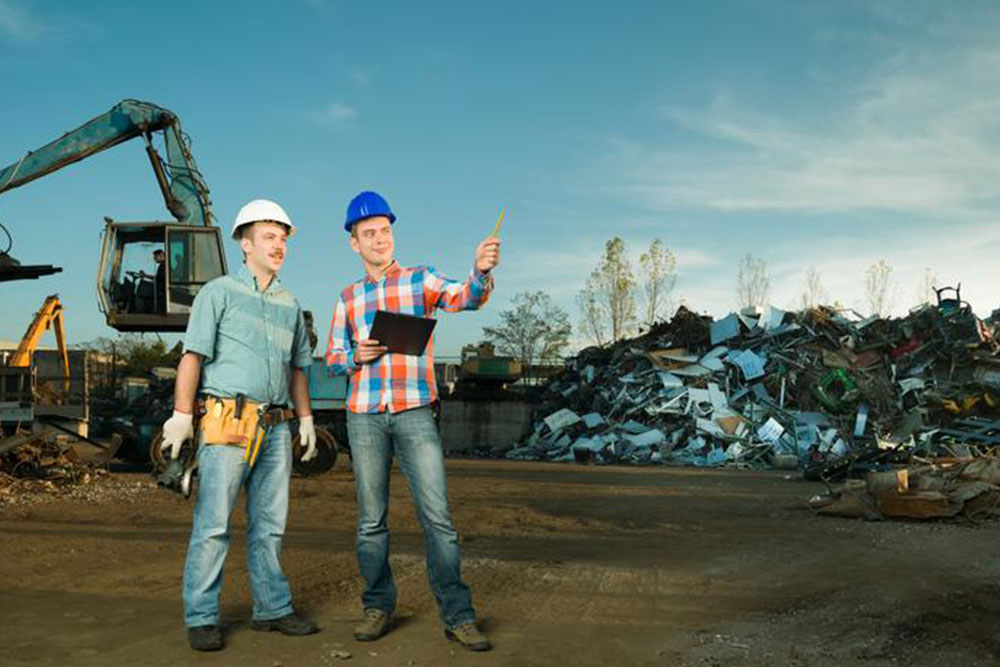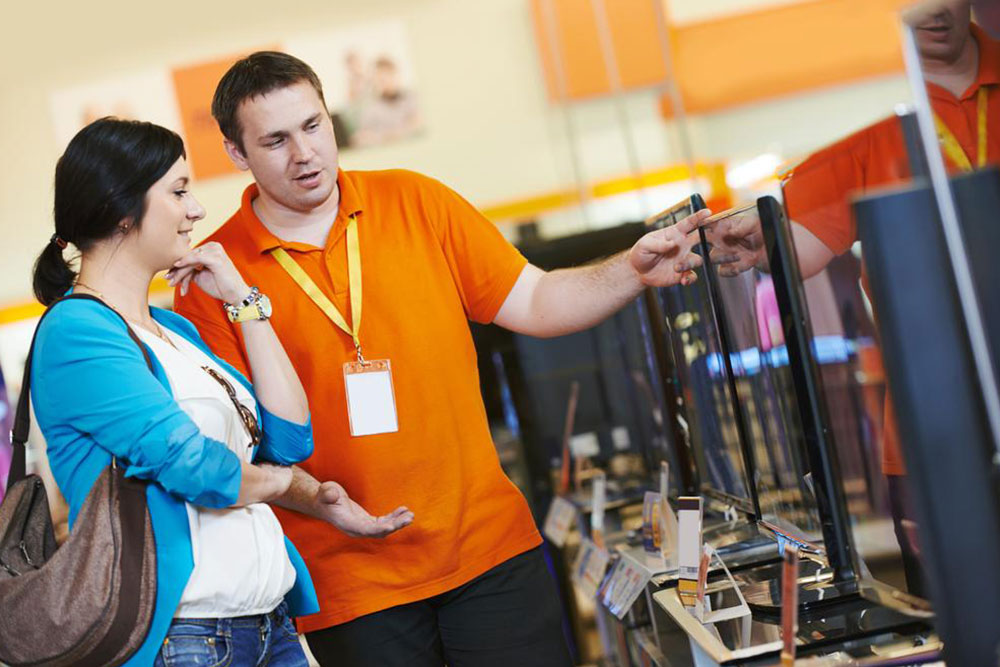Know More about Television Recycling
Electronic items can be recycled to recover plastic and metals such as gold, steel, copper, aluminum, etc. Manufacturers can make use of these elements to manufacture other electronic products. A report by EPA has brought out the fact that you can recover around 20 lbs. of palladium, 20,000 lbs. of copper, and 50 lbs. of gold and 550 lbs. of silver by recycling one million cell phones. Though the majority of electronic waste includes small waste like computer RAM, cell phones, CD ROM, USB drive, etc., an appreciable quantity of it is in the form of large electronics like television sets, computers, etc.
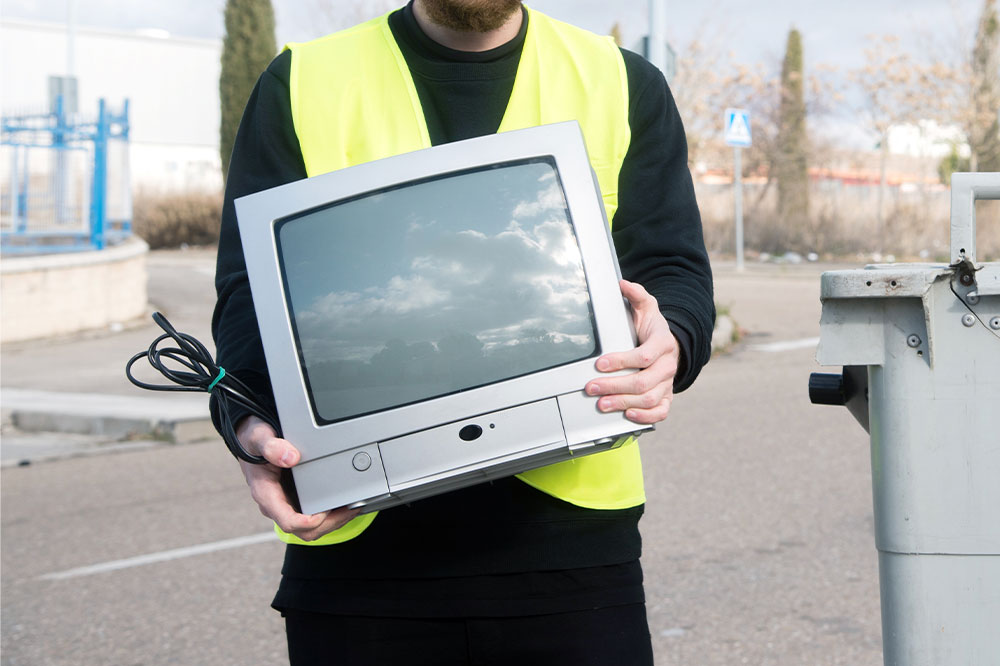
Your role in the TV recycling activity
Though electronic waste mainly consists of computers and mobiles, larger electronic devices like TV also make a major portion of it. The statistics show that the figure is up by about 20% from the figure available for 2015. Consumers discard old electronic items to acquire new ones. This puts pressure on the environment—both during production and during disposal. As a consumer, you have a role in reducing this humongous pressure on the environment. You can at least resist the temptation of acquiring new electronic devices until the urgency to acquire them is just absolute and TV recycling is imminent. You can try to repair the device instead of abandoning them. You can also consider re-selling the product.
How to recycle large electronics like television sets
You need to make sure that the product is safely handled and transported to the nearest recycling center. If there is any damage to the set, it may release toxins. These toxins are hazardous and can be harmful to you as well as for the environment. However, the first step in TV recycling is to see if the device is still working or not. If it is working, then try to donate it to charity or non-profit organizations who may be in need of such products and can reuse them. You may get a tax write off for such an act too. The essence is to extend the life of the device rather than disposing of it. You may also trade your old TV for credit and get a new one. Usually, the television recycling centers don’t charge anything for accepting waste products. However, you need to make sure that the e-cycler would not charge you a fee for accepting your old TV. So do check with the recyclers about this fact prior to making arrangements for sending it to them for TV recycling. However, even if there is a fee it is likely to be minimal and would vary according to the size of the electronic item. The lure of tax write off generally makes it a win-win situation for the consumer as well as for the environment.
Products that are usually recycled for free
If you go for TV recycling, you may also need to get rid of some accessories. You can get some TV sets and their accessories recycled for free. This includes cables, TV, battery backups, Set-Top Box, connectors, converters, headphones, Portable Media Player, DVD Players, Inverters, portable DVD, remotes, projectors, etc. However, if the TV is smaller than 32″ or if it is a Flat Panel, LCD, LED, or Plasma TV smaller than 50″, then you may need to pay a fee for recycling it. However, if you opt for television recycle centers to haul away your television set or computer or any other large electronic item, you need to pay a fee. These are professional TV recycling centers who have the expertise to pack and haul items containing hazardous material like mercury and others.
Steps to be taken before TV recycling
Electronic recycling is good for the environment, but you need to do it properly. Otherwise, it can not only damage the environment but also your privacy. So the first step that you need to take before taking the product to one of the television recycle centers is to delete all personal information from the computer or other storage media. Also, remove the batteries since these may need to be recycled at different recycling centers.
